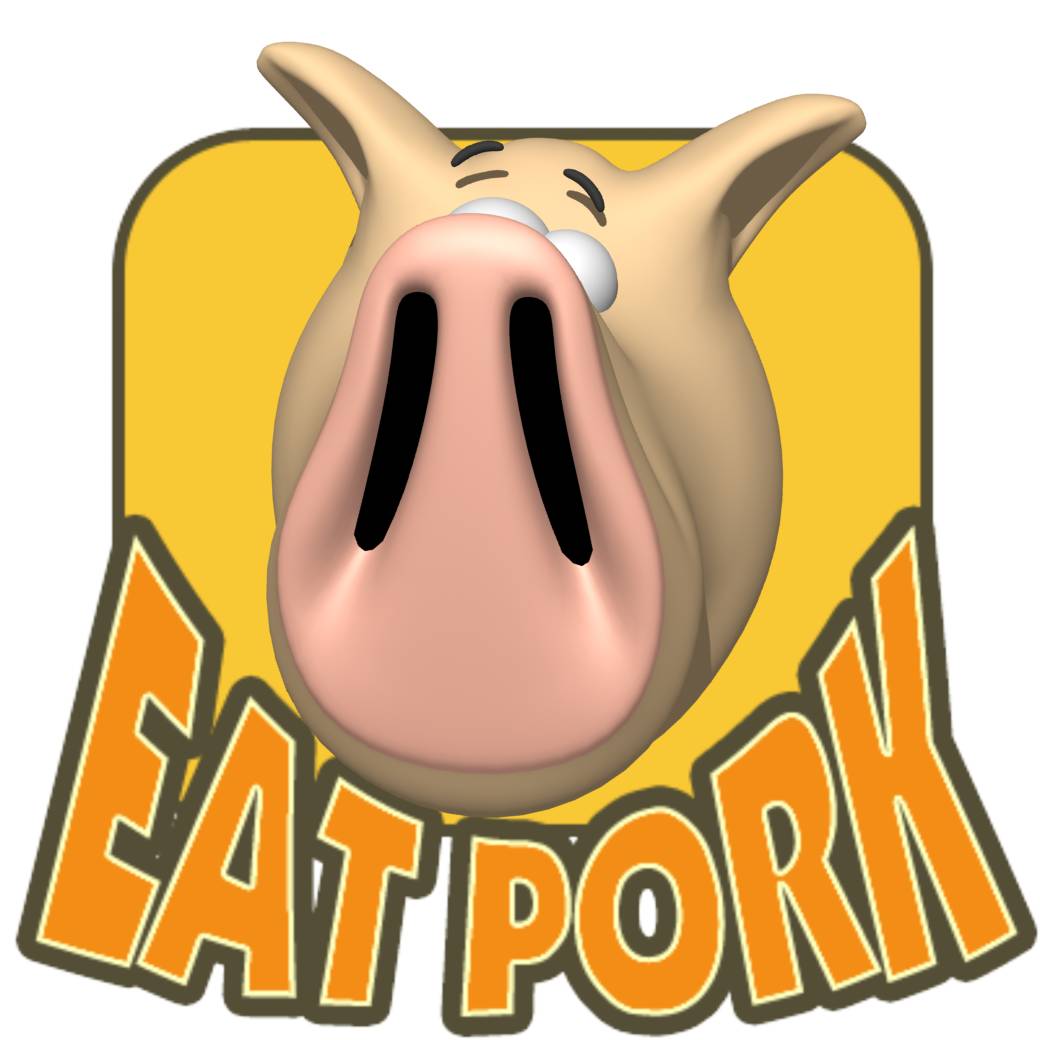Tag Archives: Biblical Dietary Laws
Is eating biblical kosher a doctrine of demons as some in the Church teach?
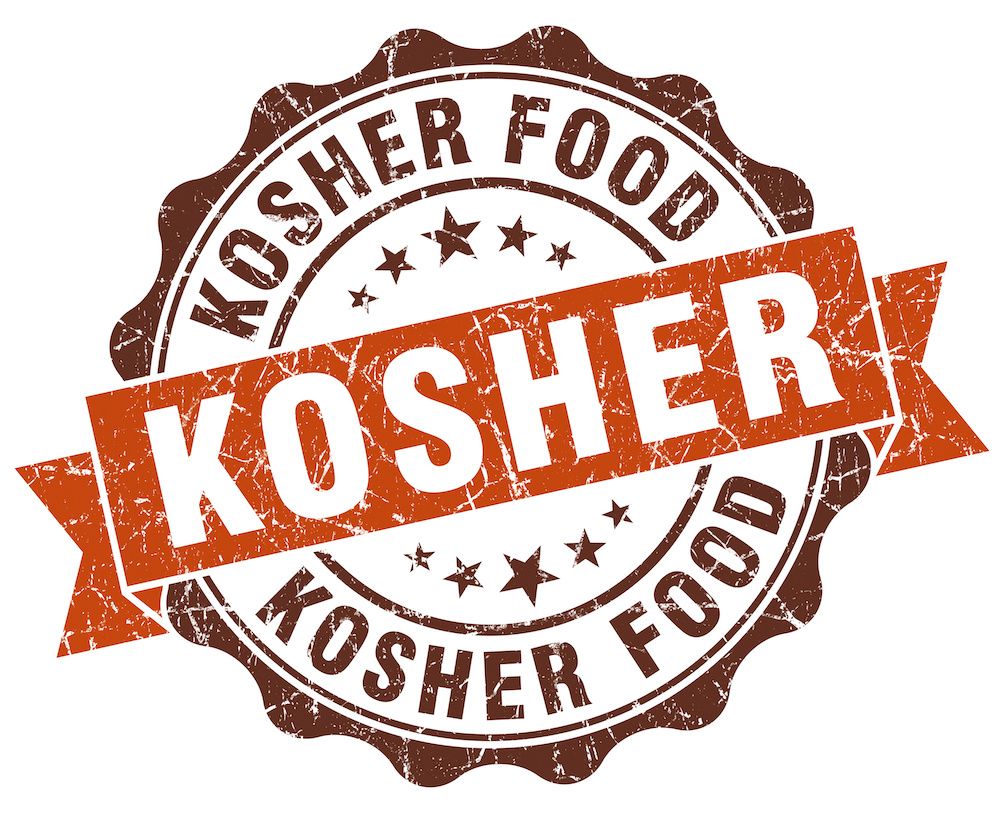
1 Timothy 4:1–3 Doctrines of demons…forbidding to marry…abstain from foods [Gr. broma].
Asceticism—A Doctrine of Demons

When Paul speaks of “doctrines of demons” and then goes on to mention “to abstain from foods which Elohim created” is he referring to the biblical dietary laws as many Christians scholars assert? If not, that what social and cultural forces of that day were affecting the saints such that Paul had to instruct them to beware of “doctrines of demons” that were encouraging them not to marry and to abstain from eating certain types of food?
To answer this question, we must first define some terms. Is the Greek word food (Gr. broma) as used in verse three a reference to “articles allowed or forbidden by the Jewish law” (i.e. Elohim’s Torah-law or law of Moses) as the well known Strong’s Concordance claims? Is The Theological Dictionary of the New Testament (The TDNT)correct in its definition of this Greek word, when it declares that broma relates to the “cultic and ascetic prescriptions of Judaism which are declared to be religiously indifferent by Jesus and early Christianity…[thus the] distinction between clean and unclean meats is done away” (vol 1. p. 642)—a claim that Arndt and Gingrich do not even make in their touted Greek lexicon (nor do the lexicons by Vine or Thayer)?
Clearly, contrary to what some biblical scholars assert, Paul cannot be referring to the Torah here, since the Torah-law of Elohim neither prohibits marriage, but encourages it, nor does it command the abstention of eating biblically approved meats. In fact, the whole Levitical and tabernacle system revolved around the sacrifice and eating of kosher animals. To say these are doctrines of demons (as some Christian teachers claim) is blasphemy against YHVH Elohim’s Torah, which is the Creator’s very instructions to humans on how to live righteously and without sin (Ps 119:172; Deut 10:12; 1 John 3:4; 2:3–6; John 14:15) .
The word foods or meats as found in 1 Tim 4:3 is the Greek word broma referring to “food in general.” However, contextually, Paul is using a narrower definition of foods or meats based on his statement in verse four where he refers to “every creature of Elohim” (v. 4). Creature is the Greek word ktisma, which literally means “creature,” and, as used in the NT, refers to living and breathing creatures as opposed to all other creations of Elohim such as plants and rocks (i.e. ibid.; also see Jas 1:18; Rev 5:13; 8:9). Therefore, Paul is not referring to food in general (plants and animals) but specifically to food which edible animal meat as biblically defined.
Once again, if Paul is not referring to the Torah when he is condemning these doctrines of demons that are calling for celibacy and the abstention of meat eating, then to what is he referring?
Continue readingThe Biblical Dietary Laws—What’s the Big Deal??? (Glad you asked!)

Leviticus 11
The Biblical Dietary Laws Are Primarily About Holiness NOT Just Health!
What is the chief attribute of Yehovah Elohim? It is holiness, for this is what Scripture revealed that the spirit beings in his heavenly throne room are chanting day and night.
In the year that King Uzziah died, I saw the Lord sitting on a throne, high and lifted up, and the train of His filled the temple. Above it stood seraphim; each one had six wings: with two he covered his face, with two he covered his feet, and with two he flew. And one cried to another and said: “Holy, holy, holy is the YHVH of hosts; The whole earth full of His glory!” (Isa 6:1–3)
The four living creatures, each having six wings, were full of eyes around and within. And they do not rest day or night, saying: “Holy, holy, holy, YHVH Elohim Almighty, Who was and is and is to come!” (Rev 4:8)
What is holiness? The Bible defines it is as those things, people, times and practices that YHVH himself has determined are to be set apart or are above or are transcendent. Set apart from or transcendent above what? From those things that are mundane or earthly, defiled or polluted by sin or by that which is unholy and ungodly.
Why is it important to know that the chief character attribute of Elohim is holiness? Because he wants his children to be holy as he is holy (Lev 11:44, 45). Why is this? Because he wants to spend eternity with his redeemed and glorified children, for without holiness no one will see Elohim (Heb 12:14). It’s really that simple! Therefore, it’s important that his children learn now the difference between what YHVH considers to be the holy and the profane (Lev 11:47), so we can hang out with him in his holy presence for eternity.
Leviticus 11:1–47, The biblical dietary laws are about holiness. Let’s briefly discuss the subject of clean and unclean meats. The focal point of biblical dietary laws are holiness and separation. There are other issues here that need to be explored as well. How serious are you about obedience to YHVH’s commands, or is your belly your god? (See Phil 3:19; Rom 16:18.) Do your taste buds or the Word of YHVH rule your life? Remember, Torah covers all aspects of life: physical, spiritual, emotional, relational, civil, agricultural, political, jurisprudence, religious and economic. Torah is a very holistic handbook on life. Are you one who takes the (humanistic) pick-and-choose approach to Torah-obedience? “I’ll obey only the biblical laws that suit me.” Such an approach is akin to what the serpent told Adam and Eve when he said, “You can have it your way … YHVH didn’t really mean what he said when it comes to obedience.”
When most people think of word kosher, the biblical dietary laws come to mind. This is only part of the picture that the Bible presents when it comes to the subject of kashrut. The biblical kosher laws involve not only clean and unclean meats, but many other areas as well such as health issues, holiness (not defiling the body, the temple of YHVH’s Set-Apart Spirit), and separation issues—how we’re to act, live, eat, worship, think, dress and talk differently than the heathens around us. The word kosher derives from the Hebrew word kasher meaning “to be straight, right, acceptable” (see Est 8:5; Eccl 11:6; 10:10). YHVH has called his people out of this world and sanctified (set-apart) them to be “straight, right and acceptable” to him. Therefore, YHVH hasn’t give us the liberty to act, speak, dress, eat and live the way the heathens do. He has called us to a higher moral and spiritual standard. We can’t expect to be called the children of the Most High, and still live like the children of the world. We must choose whom we are going to serve (see Josh 24:15): YHVH or mammon and this world (Matt 6:24).
Leviticus 11:4, 47, Unclean.The word unclean is the Hebrew word tameh meaning “defiled, impure, polluted ethically, ritually or religiously” and the word clean is the Hebrew word tahor meaning “pure physically, ceremonially, morally, ethically.” In verse 43, YHVH says that in eating unclean meats one becomes abominable (or detestable, filthy). In Ezekiel 22:26, YHVH rebukes his people because, “Her priests have violated my Torah-law, and have profaned my set-apart [Heb. kadosh] things: they have put no difference between the set-apart and profane, polluted or common, neither have they shown difference between the unclean and the clean, and have hid their eyes from my sabbaths, and I am profaned among them.” In Leviticus 11:45, the Torah states, “For I am YHVH that brought you up out of the land of Egypt, to be your Elohim. You shall therefore be set apart, for I am set apart/holy.”
Continue readingDoes Romans 14 give Christians license to ignore the biblical dietary laws?
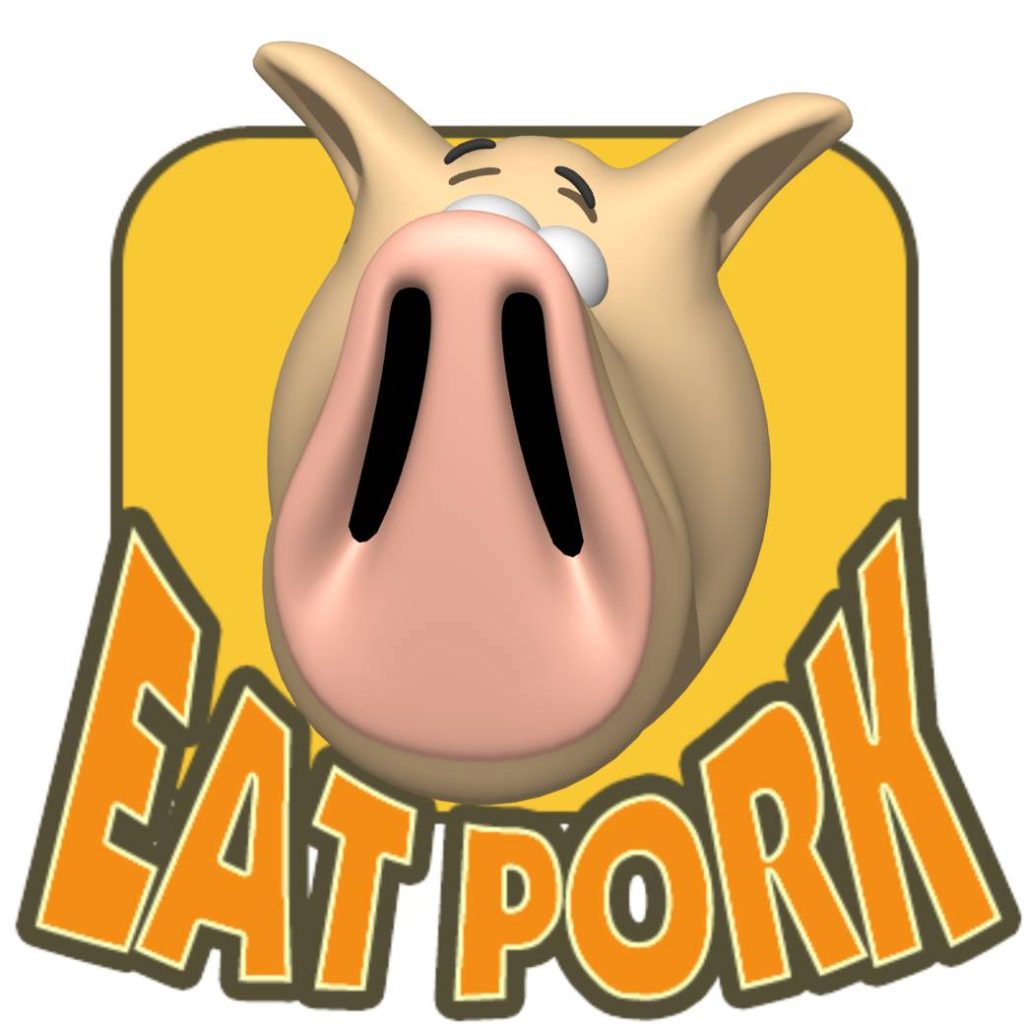
Romans 14:14, Nothing is unclean in itself. In this verse, is the Apostle Paul declaring that there is no longer a distinction between clean and unclean foods, therefore making void the biblical dietary laws? Let’s analyze the contextual and linguistic aspects of this passage to see what Paul is really saying here.
The word unclean (koinos) in this verse can also mean “common,” and in three places in the Apostolic Scriptures the two words “common” and “unclean” are used side by side; q.v. Acts 10: 14, 28 and 11:8, which says, “But I said, Not so, Master: for nothing common [koinos] or unclean [akathartos] has at any time entered into my mouth. “From this example, we see that unclean in Romans 14 can also mean “common” as we find in Acts 11. The word for unclean in Acts 11:8 is an entirely different word; therefore, akathartos is a reference to unclean meat, as proscribed by the Torah. Koinos, on the other hand, cannot mean unclean meat in Romans 14, or else Acts 11:8 would be a superfluous and unexplainably redundant in using two words that mean exactly the same thing. The word koinos is used elsewhere in the Apostolic Scriptures not to mean “unclean,” as in “unclean meat,” but “unclean” as in unwashed hands (Matt. 7:2), or “common,” as in something that is shared commonly among people (Acts 2:44; 4:32; Tit 1:4; Jude 3). Of the seven places this word is used in the Apostolic Scriptures it never means unclean meat.
In David Stern’s Jewish New Testament Commentary, on Romans 14 he states that Paul is not abrogating the biblical dietary laws. On verse 14, Stern says that Paul is referring to ritual purity, not whether something is unclean (nonkosher) meat or not. What is ritual purity? It is a reference to either how something was slaughtered, and whether it was bled properly, or whether the meat had previously been sacrificed to idols before being sold in the public meat markets—a common practice in that day in pagan cities.
Furthermore, Paul could not have been advocating eating swine, and other unclean meats, without making himself into a total hypocrite and liar, since in several places in the book of Acts he strongly states (toward the end of his life) that he was a Torah-observant Jew and walked orderly and kept the Torah (Acts 21:20), and that he had not broken any of the Torah laws (Acts 25:16), which would have included the dietary laws contained in the Torah.
Let’s also keep an important point in mind when speaking of YHVH’s biblical dietary commands: When someone gets born again or regenerated spiritually neither does their digestive system change nor Elohim’s standards of holiness and righteous living. Eating unclean or biblically unkosher meat is, from a purely medical standpoint, deleterious to one’s health regardless whether one is a believer in Yeshua or not, and Scripture still refers to eating unclean meat as an unholy, sinful act and an abomination, and the Word of Elohim does not change yesterday, today or forever!
More Resources From Hoshana Rabbah on the Biblical Dietary Commandments
The biblical dietary laws are primarily about holiness NOT just health!
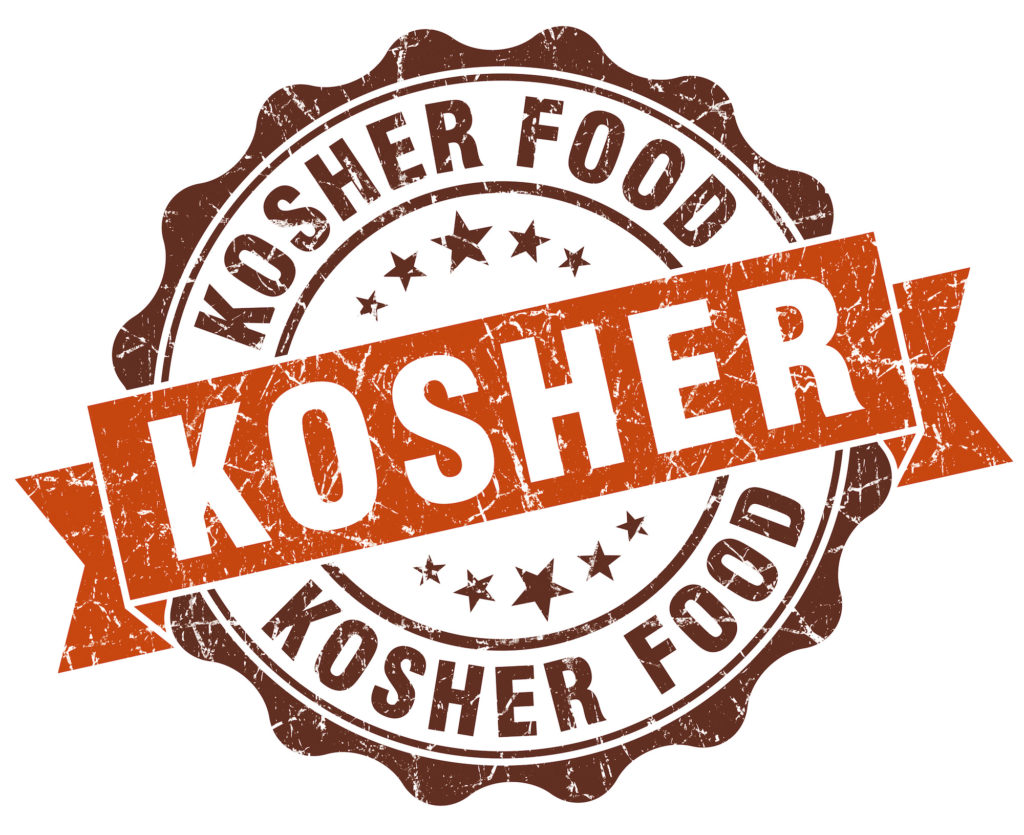
What is the chief attribute of Yehovah Elohim? It is holiness, for this is what Scripture revealed that the spirit beings in his heavenly throne room are chanting day and night.
In the year that King Uzziah died, I saw the Lord sitting on a throne, high and lifted up, and the train of His robe filled the temple. Above it stood seraphim; each one had six wings: with two he covered his face, with two he covered his feet, and with two he flew. And one cried to another and said: “Holy, holy, holy is the YHVH of hosts; The whole earth is full of His glory!” (Isa 6:1–3)
The four living creatures, each having six wings, were full of eyes around and within. And they do not rest day or night, saying: “Holy, holy, holy, YHVH Elohim Almighty, Who was and is and is to come!” (Rev 4:8)
What is holiness? The Bible defines it is as those things, people, times and practices that YHVH himself has determined are to be set apart or are above or are transcendent. Set apart from or transcendent above what? From those things that are mundane or earthly, defiled or polluted by sin or by that which is unholy and ungodly.
Why is it important to know that the chief character attribute of Elohim is holiness? Because he wants his children to be holy as he is holy (Lev 11:44, 45). Why is this? Because he wants to spend eternity with his redeemed and glorified children, for without holiness no one will see Elohim (Heb 12:14). It’s really that simple! Therefore, it’s important that his children learn now the difference between what YHVH considers to be the holy and the profane (Lev 11:47), so we can hang out with him in his holy presence for eternity.
Natan’s Commentary Notes on Leviticus Chapter Eleven
Leviticus 11:1–47, The biblical dietary laws are about holiness.
Let’s briefly discuss the subject of clean and unclean meats. The focal point of biblical dietary laws are holiness and separation. There are other issues here that need to be explored as well. How serious are you about obedience to YHVH’s commands, or is your belly your god? (See Phil 3:19; Rom 16:18.) Do your taste buds or the Word of YHVH rule your life? Remember, Torah covers all aspects of life: physical, spiritual, emotional, relational, civil, agricultural, political, jurisprudence, religious and economic. Torah is a very holistic handbook on life. Are you one who takes the (humanistic) pick-and-choose approach to Torah-obedience? “I’ll obey only the biblical laws that suit me.” Such an approach is akin to what the serpent told Adam and Eve when he said, “You can have it your way … YHVH didn’t really mean what he said when it comes to obedience.”
When most people think of word kosher, the biblical dietary laws come to mind. This is only part of the picture that the Bible presents when it comes to the subject of kashrut. The biblical kosher laws involve not only clean and unclean meats, but many other areas as well such as health issues, holiness (not defiling the body, the temple of YHVH’s Set-Apart Spirit), and separation issues—how we’re to act, live, eat, worship, think, dress and talk differently than the heathens around us. The word kosher derives from the Hebrew word kasher/RAF meaning “to be straight, right, acceptable” (see Est 8:5; Eccl 11:6; 10:10). YHVH has called his people out of this world and sanctified (set-apart) them to be “straight, right and acceptable” to him. Therefore, YHVH hasn’t give us the liberty to act, speak, dress, eat and live the way the heathens do. He has called us to a higher moral and spiritual standard. We can’t expect to be called the children of the Most High, and still live like the children of the world. We must choose whom we are going to serve (see Josh 24:15): YHVH or mammon and this world (Matt 6:24).
Leviticus 11:4, 47, Unclean.The word unclean is the Hebrew word tameh meaning “defiled, impure, polluted ethically, ritually or religiously” and the word clean is the Hebrew word tahor meaning “pure physically, ceremonially, morally, ethically.” In verse 43, YHVH says that in eating unclean meats one becomes abominable (or detestable, filthy). In Ezekiel 22:26, YHVH rebukes his people because, “Her priests have violated my Torah-law, and have profaned my set-apart [Heb. kadosh] things: they have put no difference between the set-apart and profane, polluted or common, neither have they shown difference between the unclean and the clean, and have hid their eyes from my sabbaths, and I am profaned among them.” In Leviticus 11:45, the Torah states, “For I am YHVH that brought you up out of the land of Egypt, to be your Elohim. You shall therefore be set apart, for I am set apart/holy.”
Continue readingYeshua a pork eater? Yeah right!
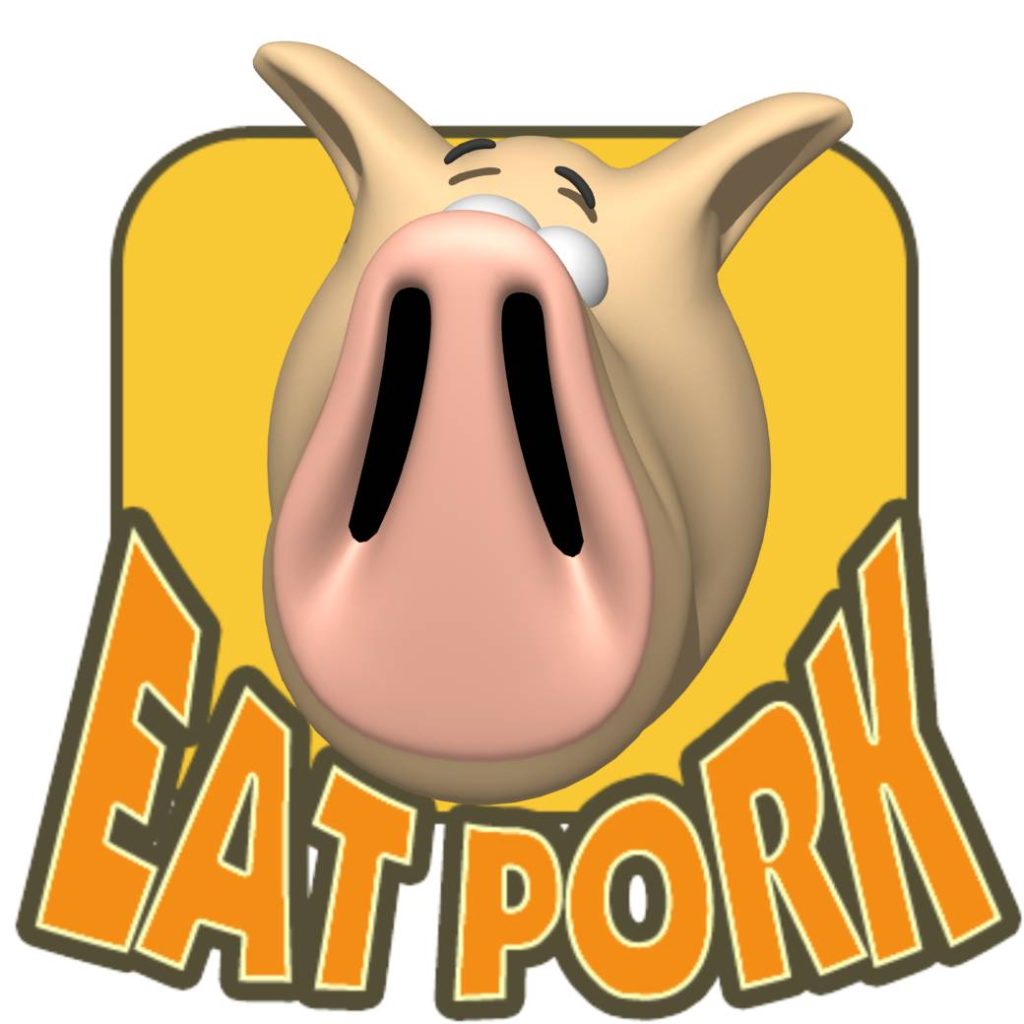
Many Christians misread Mark 7:19 to mean that Yeshua was okaying them to eat pork in direct opposition to the eternal laws of Elohim as spoken from the mouth of Elohim in his Torah. How can people believe such lies? It’s because they don’t know the Word of Elohim, including most pastors, Bible college professors and Bible teachers in the mainstream church. They are willingly ignorantly and foolish and are misleading YHVH’s people. Shame on them all! People need to start reading their Bibles instead of listening to these false teachers. Spiritual power to the people!
Mark 7:19, Thus He declared all foods clean. Many mainstream Christians believe that in this verse Yeshua is sanctioning the eating of all food not matter what. Thus he is categorically rejecting the biblical dietary prohibitions against eating…drumroll please…beloved pork. Is this what Yeshua is really saying here? Before jumping to conclusions, let’s take a step back, demonstrate a modicum of logic and ask ourselves some questions.
First, would a Torah-observant Jew like Yeshua really be advocating the eating of anything the Torah forbids such as pork and shellfish? Second, would Yeshua the Messiah, the one destined to be the sinless Lamb of Elohim Messiah be advocating sinning by going against the biblical dietary laws? Third, what is the biblical definition of food? Does the Creator of the universe even consider something to be food that he forbids people from eating? Fourth, if Yeshua had been advocating the eating of unclean meats, what would have been the reaction of his Torah-touting audience of Pharisees? With the answers to these questions dancing around in the reader’s mind, let’s now discuss this potentially enigmatic passage in depth and in its logical context to see what it’s really saying.
Continue reading

